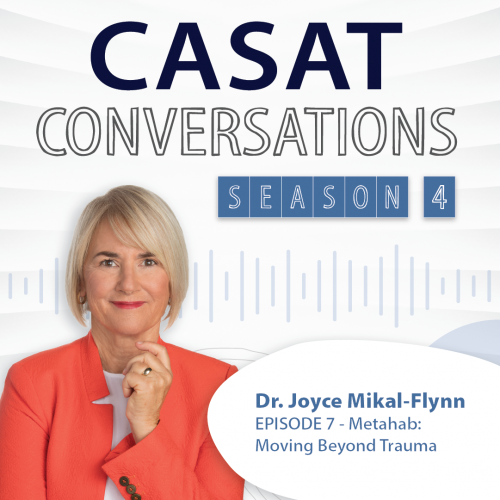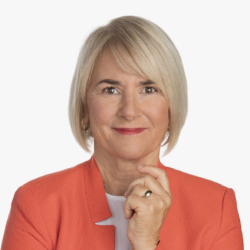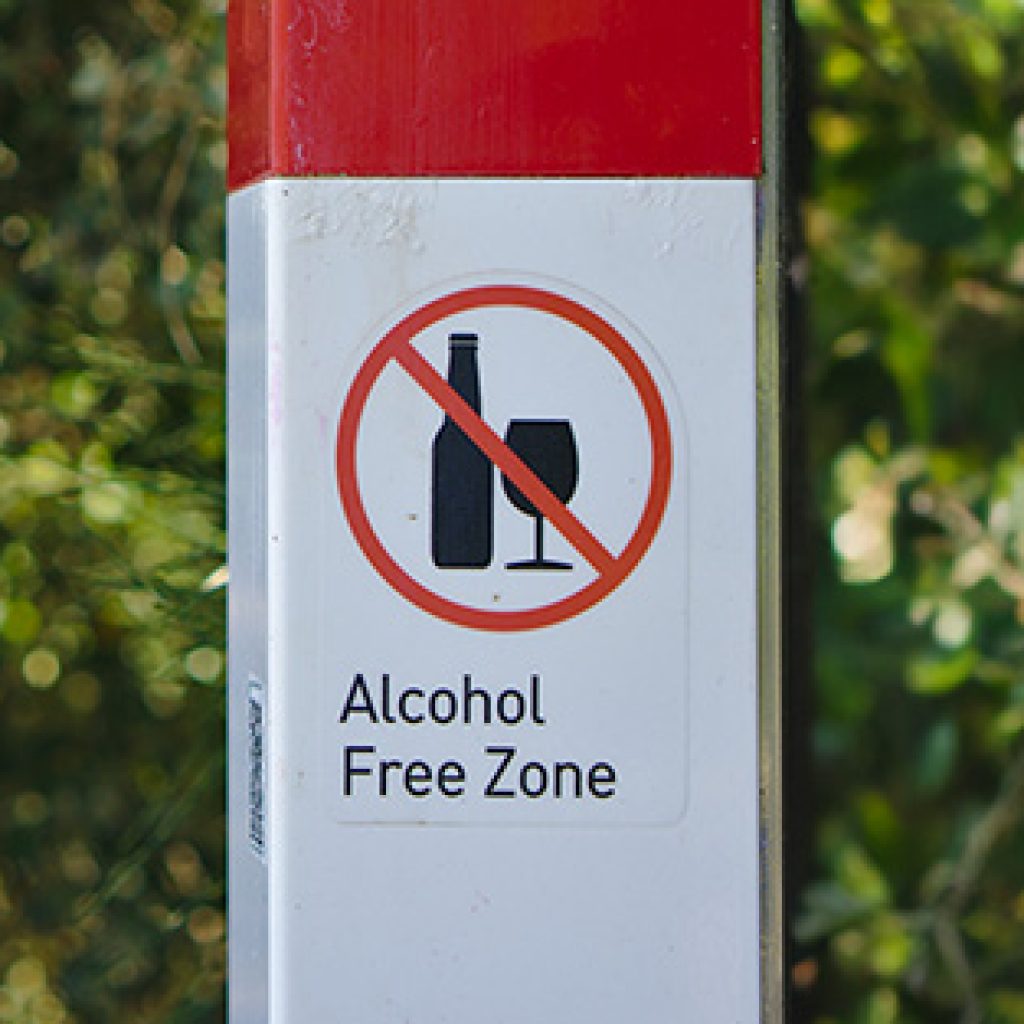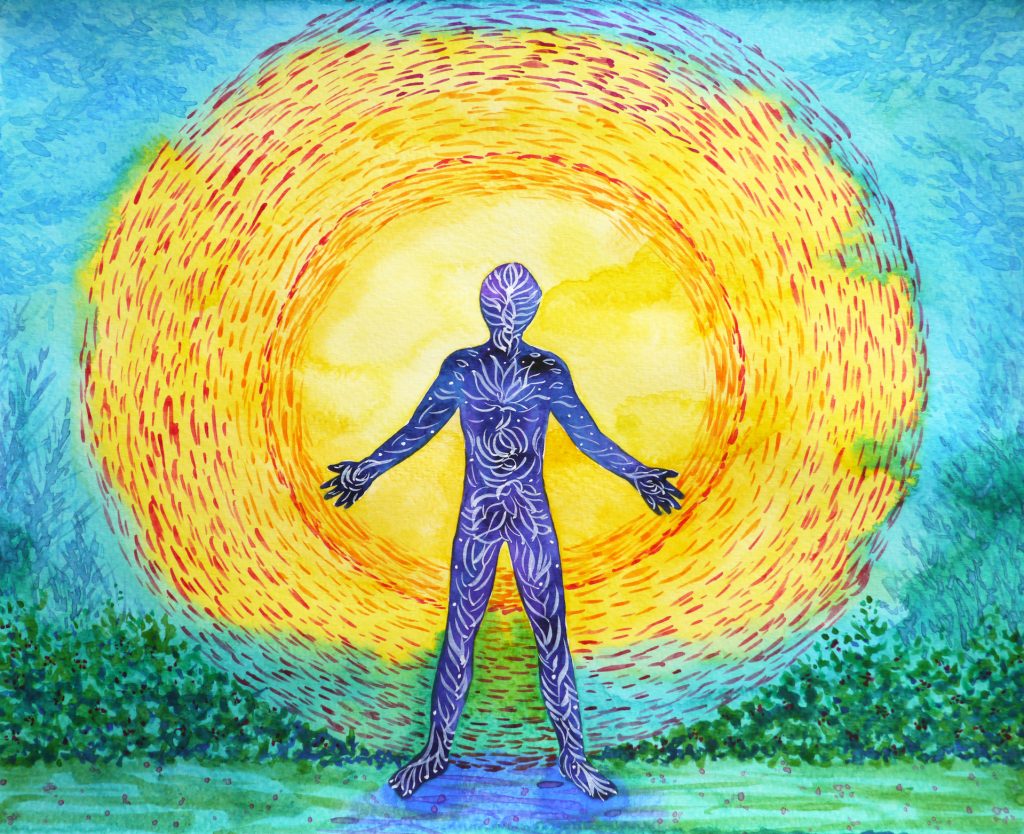What Linguistics, Philosophy, and Science Taught Me about Growth in the Aftermath of Trauma
For over two decades I have been observing, contemplating, studying, and analyzing one specific human behavior – survivorship. Specifically, what enhances resilience and brings forth growth after adversity and trauma. Long ago, I stopped researching if one becomes better and stronger physically, emotionally, and spiritually after trauma. History and multiple books, documentaries, and my own experience and ancestors exposed this phenomenon. My focus turned to how it happens. We know humans are surviving machines with systems that, once engaged, respond and that response enhances performance in dealing with future stressful and challenging events. We are not only built to survive but to thrive – not in spite of stress, adversity, and trauma but as a direct result of such events. It is this understanding and belief regarding our abilities that guided my work. Determined to promote this ideology, I required more knowledge of the science supporting this capacity. A significant event, intense curiosity, and fierce determination for enlightenment fueled my ongoing efforts.
The event that changed everything
July 22, 1990, I died. For more than 20 minutes my heart stopped beating. It was a warm, sunny afternoon and I was with my husband and children at a multi-team swim meet. It was announced during a short break that there would be a ‘fun’ adult relay. Having recently completed a marathon and training for an upcoming triathlon, I grabbed my husband and two friends, “come on – let’s swim this and win this. I am the fastest so I will swim the final lap”. Having no memory of this event or for weeks after, I was told that I finished the final lap – on the side of the pool that was 13 feet deep. After finishing, for reasons still not completely understood, I sunk to the bottom of the pool. My husband dove-in immediately and brought me to the pool deck where I received CPR. They got my heart going and helicoptered me to a medical center where I spent time in an ICU on a respirator. Thankfully I survived but my life changed – drastically. Recognizing my physical weakness, cognitive decline and facing a grim reality put forth by doctors, I was frustrated, angry – but most of all afraid. What would my life be like now? It was a long and very tough journey but with the loving support of friends, family and outstanding doctors and therapists, I came back. Not the same but better. As a nurse practitioner I also came back with a mission – to stop the clinical focus on what patients can’t do and instead focus on what they can do, what they want to do and make strategic plans on how to get there. These events are not endpoints. They are the beginnings to new lives.
It began with a word
Words are key. Definitions and how meanings evolve over time is essential to understand when creating and describing fundamental thoughts, ideas and, in my work, clinical skills. After my experience and intense scrutiny of other survivors, I understood that people do not just return to a baseline after trauma. Not overnight but over time, they go above that space. They may not look the same or be the same but these events are transformative. The word rehabilitation seemed small and inadequate to me and did not describe what other survivors and I experienced. So, I created a new word; Metahabilitatiion. Meta – means beyond, transcending; habilitation means to help, keep or return to prior function, to baseline. Metahailitation or Metahab seems more accurate, defining and describing our capacity – to go beyond to transcend baseline, becoming better and stronger in the aftermath of adversity and trauma.
Several years ago, when working on this concept and idea, a friend introduced me to a linguist. I was not entirely sure as to why she suggested meeting with him but as I continued to heal, I adopted a mindset that when someone cares about me and my work and takes time to provide helpful suggestions, I go with it. A linguist is an expert in words and language, including vocabulary, grammar, how words sound and how they evolved. Our conversation caused me to be intensely aware of and careful about the words I use, making sure they made sense and added properly to the content of my research and work. Since that conversation I have reviewed the meaning of essential, weighty words used in all my writing and presentations. Adopting this practice has provided strength and significant clarity to my research, clinical work and overall message, and it all began to take shape with a word, metahabilitation and a linguist.
Philosophy, words and crucial connections
Over the years, relegating significant time to contemplation of ideas, research and analysis of survivors’ journeys, capabilities and amazing outcomes, unexpected, but considerable discoveries have occurred. I wasn’t sure what to call these revealing moments. However, recently it came to light when listening to a podcast with one of my favorite philosophers. He spoke of ‘epiphanies’, challenging the listener to “be open to them”. Epiphany means a sudden manifestation or perception leading one to the true nature or meaning of something. An intuitive grasp of an event, illuminating a realization or discovery. That made sense. I thought of Viktor Frankl’s, Man’s Search for Meaning. I was in high school the first time I read it – his explanation of logotherapy, finding meaning in one’s suffering never left me. So many times, when running or partaking in a deep conversation with colleagues and students, these flashes – recognition of concepts, meanings and enhanced clarity of ideas seemed to appear, galvanizing my thoughts and mission spontaneously. I didn’t realize how deeply touched I was but now I recognize these times as sources of wonder, pushing me to go deeper into my understanding of the survivor’s capacity and abilities. I hope you are open to your own moments of truth and life-affirming events. When they happen, pay attention, write them down and share these revelations and gifts with others.
From epiphany to science
Actually, one lead to the other. Revelations stimulated and pushed my desire to know more. My work helped evolve metahabilitation as a philosophy, behavior and strength-based clinical pathway. Still, I needed to get to the essence. Did taking on trauma with this mindset change one at a cellular, neurobiological level? Again, I was able to ascertain critical information by asking for and accepting help from trusted colleagues and friends and teaching a course in neurobiology. Taking on challenges, adversity and trauma, bravely and meaningfully engaging with these events brings productive, even vital changes in all systems – immune, cardiovascular, respiratory, musculoskeletal, neuro and genetic. Specifically, when employing certain behaviors, the brain provides helpful neurotransmitters and positive neural network changes. Hearts become bigger and stronger, immune systems respond better and faster to potential threats and genetic expression is affected. At conception, the genetic sequence is created but epigenetics reveals that our behaviors influence how genes are expressed. We are very powerful with systems capable of responding to trials encountered in life.
My Epiphany: Posttraumatic Growth
When associating these ideas – connecting concepts, let me finish with the notion of posttraumatic growth or PTG. Through all the years, seeking answers to questions, wondering ‘why me’, looking at the meaning of my suffering, brought me to accept life on its terms and to the profound realization that people are amazing. We can and do endure the unbearable. We actually get stronger by engaging with these events and the fears and anxieties that come with them. We grow. I came to understand that taking on this mindset does not minimize or trivialize troubling events. No one ‘gets over’ them. We make an existential shift of mind, choosing to use them to our advantage. Drs. Lawrence Calhoun and Richard Tedeschi recognized it perfectly coining the phrase posttraumatic growth. Their monumental work describing this phenomenon, shows how when one bravely and meaningfully engages with the event – PTG Is the outcome. There is a dichotomy to PTG, one can still feel pain and grief but also experience PTG. When I think about my seminal event, I still get teary eyed and feel anxious but that doesn’t mean I haven’t grown. These feels can exist and live together.
Philosophers and epiphanies inspire life’s meaning. Scientists test hypothesis to generate knowledge and understanding, Metahabilitation guides one, over time, toward PTG, with words and language to provide clarity. It is all about the opportunity and our ability to recognize what these events did to us and what they did for us. This choice is where growth and happiness live.
Nando Parrado said it best in his 2006 book, Miracle in the Andes, surviving a plane crash in the Andes mountains for over 72 days that took many of its passengers, including his sister and mother,
“I saw the error I was making. I had been thinking of the disaster as a horrible mistake, as an unscripted deviation from the happy story of the life I had been promised. But now, I began to understand that my ordeal in the Andes was not an interruption of my true destiny, or a perversion of what my life was supposed to be. It simply was my life and the future that lay ahead was the only future available to me. To hide from this fact, or to live in bitterness and anger, would only keep me from living any genuine life at all.”
Think about your journey, pay attention to your epiphanies and find meaning and growth in the aftermath of your adversity and trauma. Write about it and share it with others.
Ready to Learn More:

Ready to Learn More: Listen to episode 7 of CASAT Conversations! In this episode you’ll hear more from Dr. Joyce Mikal-Flynn. We discuss post-traumatic growth, and she outlines the 6 stages of meta-rehabilitation.
Guest Writer: Dr. Joyce Mikal-Flynn

Dr. Joyce Mikal-Flynn received her BSN from University of San Francisco, her FNP from University of California, Davis, and her MSN from California State University, Sacramento (CSUS). She completed her Doctor of Education at St. Mary’s College publishing: Transforming Life Crises, Stories of Metahabilitation After Catastrophic Life Events. A professor at CSUS her research involves trauma informed care with an emphasis on posttraumatic growth (PTG). Her system of recovery: MetaHabilitation©, promotes PTG and is applied in multiple recovery and rehabilitation programs. Publications include her book, Turning Tragedy Into Triumph. Metahabilitation; A Contemporary Model of Rehabilitation, and most recently, Anatomy Of A Survivor, Building Resilience, Grit and Growth After Trauma. Post-doctoral research involved secondary traumatization syndrome (STS) noting their PTG capability.
Blog Post Tags:
Related Blog Posts
Related Learning Labs
Related Resources
.
- Buscar Tratamiento de Calidad para Trastornos de uso de Sustancia (Finding Quality Treatment for Substance Use Disorders Spanish Version)
- Finding Quality Treatment for Substance Use Disorders
- Focus On Prevention: Strategies and Programs to Prevent Substance Use
- Monthly Variation in Substance Use Initiation Among Full-Time College Students
- The National Survey on Drug Use and Health (NSDUH) Report: Monthly Variation in Substance Use Initiation Among Adolescents








